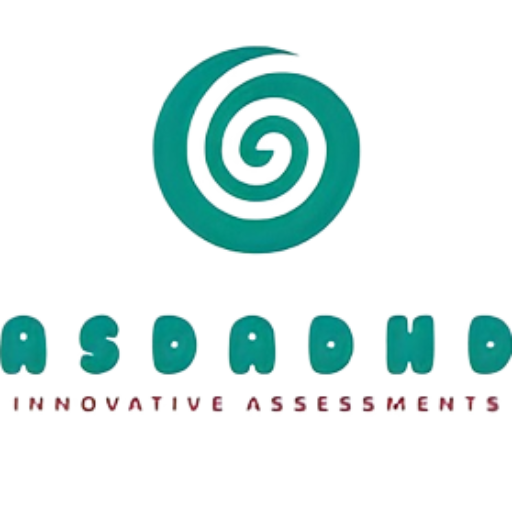14 Jul, 2023 | anishdr | No Comments
Understanding Hyperfixation and ADHD: The Power of Immersive Focus
Hyperfixation is a phenomenon commonly experienced by individuals with Attention Deficit Hyperactivity Disorder (ADHD). It involves an intense and all-consuming focus on a particular activity or interest, often to the exclusion of everything else. While hyperfixation can be a source of enjoyment and fulfillment, it is important to recognize its differences from addiction and its potential impact on individuals with ADHD.
Hyperfixation is characterized by deep immersion in activities such as video games, hobbies, binge-watching TV shows, or engaging in creative pursuits like knitting or crafting. These activities can serve as a temporary escape from stress, anxiety, or overwhelming thoughts. Individuals with ADHD may find solace and relaxation in these immersive experiences, allowing them to temporarily disconnect from their daily challenges.
However, it is crucial to distinguish hyperfixation from hyperfocus, which is a state of intense concentration and engagement in a specific task. Hyperfocus is often seen as a positive aspect of ADHD, enabling individuals to excel in their work or pursue areas of interest with exceptional dedication. On the other hand, hyperfixation goes beyond hyperfocus and becomes an obsession or compulsion towards a particular activity or interest.
While hyperfixation can be a healthy and harmless outlet for individuals with ADHD, there is a potential risk of using it as a form of self-medication. Some individuals may become addicted to activities that provide a rush of adrenaline or stimulation to compensate for the neurotransmitter imbalances in their ADHD brains. Engaging in high-risk sports, pursuing excessive shopping or seeking out intense experiences can become addictive behaviors that offer temporary relief but may lead to negative consequences in the long run.
Differentiating hyperfixation from addiction is essential. Addiction involves constant cravings, emotional and physical dependence, and a need for the substance or behavior to cope with daily life. Hyperfixation, on the other hand, is intense but temporary, with individuals being able to move on to other interests or activities after a period of immersion. Hyperfixation can even have a potential upside, such as when it is channeled into career development or skill acquisition.
It is important to acknowledge that hyperfixation can be a double-edged sword. While it can provide a sense of focus, fulfillment, and personal growth, it can also disrupt daily routines, lead to neglect of responsibilities, or hinder progress in other areas of life. Finding a balance between hyperfixation and other important aspects of life is crucial for individuals with ADHD.
In managing ADHD, it is essential to utilize a variety of strategies and tools rather than relying solely on hyperfixation. The goal is to create a comprehensive toolbox of coping mechanisms and adaptive strategies. Strategies may include medication, therapy, mindfulness practices, exercise, and maintaining a structured routine.
Ultimately, hyperfixation can be a powerful tool for individuals with ADHD when harnessed consciously and used in moderation. It can provide a unique ability to develop diverse skills, knowledge, and interests. Understanding the differences between hyperfixation and addiction, and embracing a balanced approach, allows individuals with ADHD to optimize their potential and find fulfillment in various areas of life.

Write Reviews
Leave a Comment
No Comments & Reviews